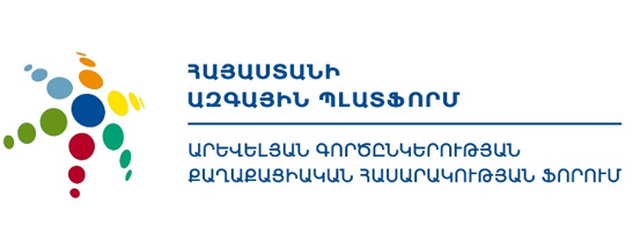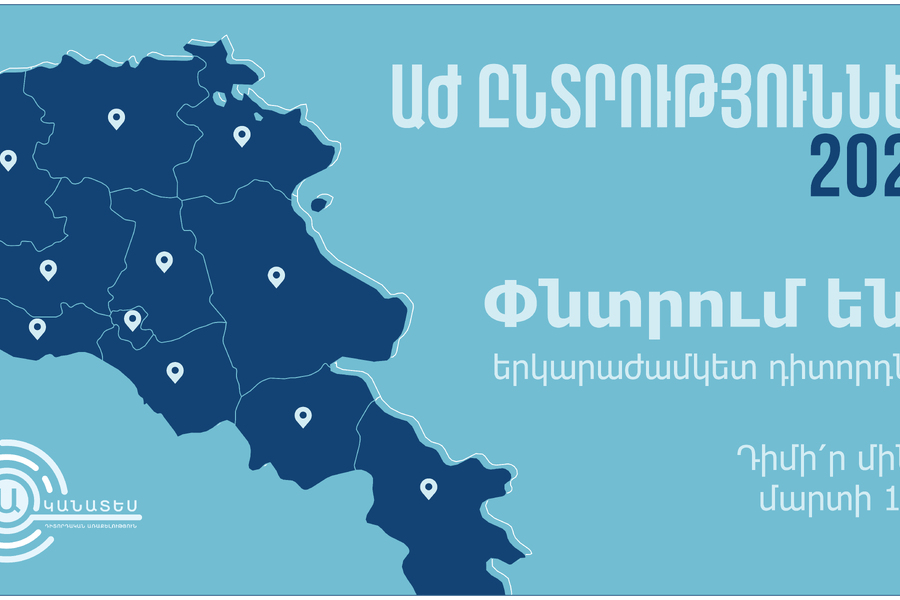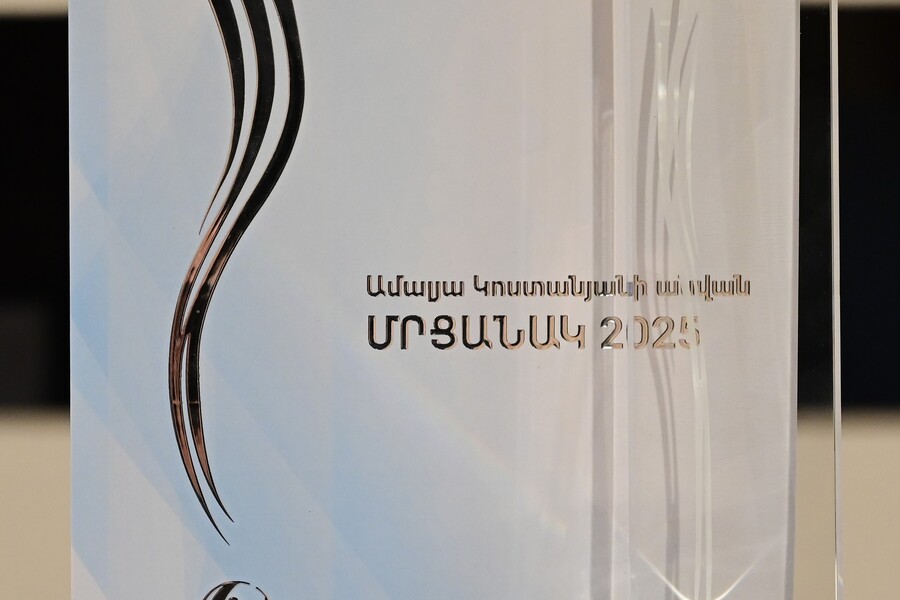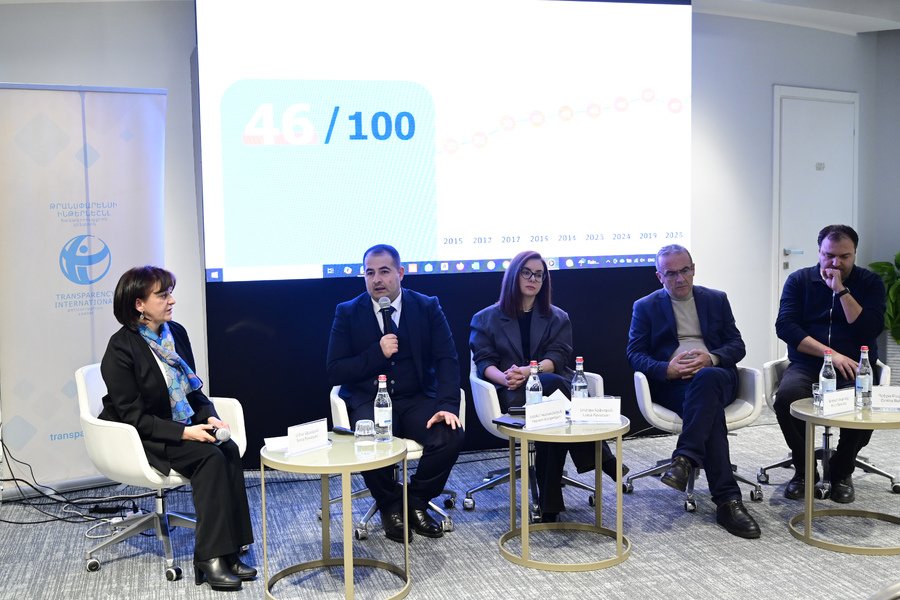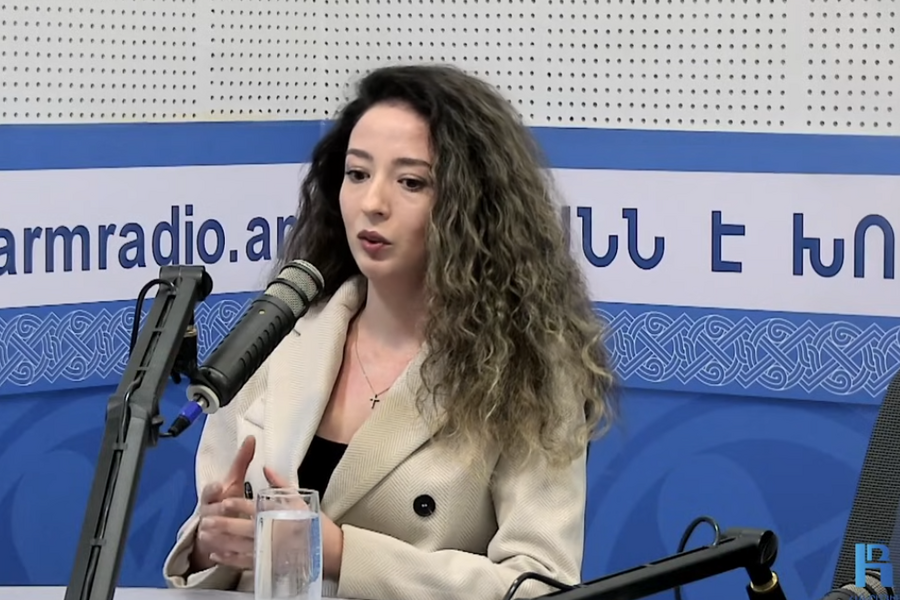Statement on the Ongoing Aggression by Azerbaijan against the Republic of Armenia
On 27 September 2020 Azerbaijan, supported by Turkey and with the involvement of terrorist mercenaries, launched a wide-scale offensive on Nagorno Karabagh in violation of the 1994 ceasefire agreement, its commitments in the framework of the OSCE Minsk Group to resolve the Karabagh conflict without resorting to the use of force and the provisions of the UN Charter on the pacific settlement of disputes. A number of villages along the border of the Republic of Armenia were also affected by the Azerbaijani aggression. Numerous international crimes were committed by Azerbaijan in the course of the military operations, including the use of prohibited weapons, such as phosphorus munitions, killings of civilians and destruction of religious and cultural monuments . The 44-day military operations ended with the November 9 trilateral statement mediated by the Russian Federation and adopted by the Prime Minister of Armenia, Presidents of the Russian Federation and the Republic of Azerbaijan.
Nevertheless, for over a year since the adoption of the given statement the Azerbaijani dictatorial regime has consistently voiced claims over the sovereign territory of Armenia, in particular Syunik, Vayots Dzor and Gegharkunik regions and the capital Yerevan, which is accompanied by regular offensives and invasions of the Azerbaijani troops into Armenia’s territory and other acts of provocation, including taking of captives and targeted killings of civilians, etc.
Even today Azerbaijan refuses to repatriate the persons taken captive during the 2020 war and afterwards, whose number is above 100. Not only is this a flagrant violation of international law, in particular the 1949 Geneva Convention on Prisoners of War but paragraph 8 of the November 9, 2020 trilateral statement.
Furthermore, there is solid evidence on the captivation of 120 persons in total. Azerbaijan has confirmed the fact of captivity of only 40 of them, insisting in respect of the rest that persons with such names were not identified, thereby not only refusing to implement the agreement on the return of all captives but by concealing their true numbers prepares ample ground for the violation of the right to life of the captivated persons.
A number of Armenian POWs have been subjected to criminal prosecution by Azerbaijan on fabricated charges. It is obvious that Azerbaijan is keeping the captives as hostages with a view to exerting pressure on Armenia to achieve its political ambitions. Hundreds of captives and their relatives have applied to the European Court of Human Rights accusing Azerbaijan of violating their Convention rights, including the right not to be subjected to torture and other inhuman treatment. There are clear facts of killings of Armenian captives, including women.
In several cases, including the case of Karen Petrosyan, Mamikon Khojoyan, Manvel Saribekyan, etc. the European Court of Human Rights recognised the facts of violation by Azerbaijan of the right to life and right not to be subjected to torture and other inhuman treatment of Armenians in Azerbaijani captivity. The ECtHR accepted the claims of the representatives in these cases that Karen Petrosyan was tortured and killed by means of decapitation and that 77-year-old Mamikon Khojoyan was subjected to torture by means of injections of diesel fuel and firearm shots on his legs, etc. Findings of torture and violation of the right to life were also established by the ECtHR in the case of Manvel Saribekyan and other cases.
There is ample evidence that during the 2020 war and following the adoption of the ceasefire agreement persons having appeared in Azerbaijani captivity have been subjected to disappearances, torture and inhuman and degrading treatment, and other discriminatory treatment on the ground of ethnicity.
Azerbaijan has also violated paragraph 7 of the November 9, 2020 statement, according to which “the internally displaced people and refugees shall return to Nagorno Karabagh and adjacent territory under the auspices of the UNHCR.” As a result, the Armenian population of Karabagh has not been allowed to return to their homes. Moreover, even the presence of Russian peacekeepers in those territories of Artsakh where Armenian population still exists, does not prevent the Azerbaijani military from targeted killings of peaceful Armenian population.
These acts of provocations of Azerbaijan had exacerbated the situation on May 12, 2021 when Azerbaijan committed another act of aggression in respect of the Republic of Armenia by invading Syunik and Gegharkunik regions of Armenia where they have set fortifications and refuse to leave until now. As a result of this invasion, several Armenian servicemen were again captivated by Azerbaijan.
In November of this year Azerbaijan restarted its acts of provocations with a new tactics by installing customs control posts along the Goris-Kapan-Vorotan road on November 10, and Kapan-Tchakaten road on November15, thereby isolating a number of Armenian villages and creating security threats for the inhabitants thereof.
On November16, 2021 Azerbaijan again launched a large-scale military operation along the eastern border of Armenia with the involvement of large numbers of troops and armored vehicles. As a result, at present Azerbaijan has occupied a significant portion of the sovereign territory of the Republic of Armenia. The Armenian authorities have reported of casualties, POWs and missing persons resulting from this offensive, whose number is above twenty.
The Armenian National Platform of the Eastern Partnership Civil Society Forum calls on the partners from the European Union and its Member States to:
- condemn in unequivocal and targeted terms the Azerbaijani aggression in respect of the Republic of Armenia and demand that the Azerbaijani troops leave our sovereign territory, and that all captives are immediately returned;
- demand from Azerbaijan to stop all forms of Armenophobia, in respect of which Armenia has applied to the UN International Court against Azerbaijan;
- employ diplomatic and other available means, including imposition of sanctions, to curb the territorial ambitions and claims of Azerbaijan, which aim to jeopardize the Armenian democracy and to evict the Armenian people from their native land by means of creating security threats for Armenia;
- take viable measures to prevent cooperation in the framework of the Eastern Partnership, including between civil societies, from becoming illusory as a result of Azerbaijan’s policy of expansionism and hatred for Armenians.


